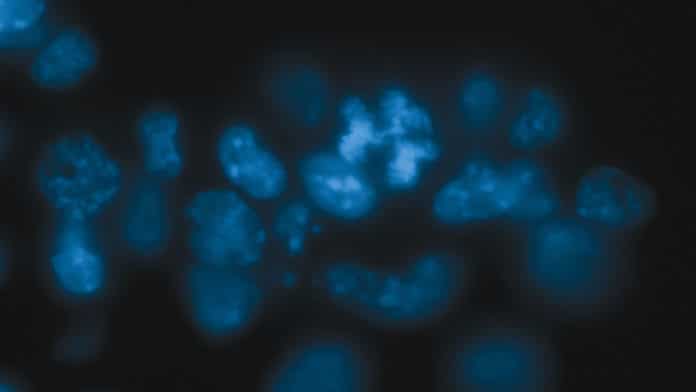RNA in cells regulates gene activities. It controls the production of protein from various genes. Alongside, some small RNAs can shut genes off.
Strikingly, an enzyme called Dicer cuts the RNA into smaller pieces to produce gene-regulating microRNAs in humans. As gene mutations for enzymes can cause some cancers, Dicer gets scientists’ attention to determine its mechanism.
In a new study, scientists at Cold Spring Harbor Laboratory demonstrated a new role of Dicer in mammalian cells. They found that the Dicer is essential for maintaining the structural integrity of the genome.
Scientists used mice models for the study. Removing the Dicer from the embryonic stem cells of mice makes their cells sick. This causes chromosome misalignment within the dividing cells, affecting equal distribution to daughter cells. Hence, cell division becomes slow. Plus, many cells died.
Further exploration shows that Dicer stabilizes the mouse genome, suggesting that this is an evolutionarily ancient role for the enzyme.
Benjamin Roche, a researcher in Martienssen’s lab, said, “The new function that we have identified for Dicer genome stability, independently of other well-known small RNA pathways, could explain why Dicer mutations are an important factor in certain types of cancer.”
Regularly, Dicer works with a gene-activating protein called BRD4. Scientists observed that chromosomes were unstable when Dicer was broken and BRD4 was intact. Eliminating a little piece of BRD4 (bromodomain 2) reestablished chromosome steadiness. Like Dicer, BRD4 is frequently mutated in human tumors.
Cold Spring Harbor Laboratory Professor Rob Martienssen said, “Our findings suggest that inhibitors that target BRD4 bromodomain two might have specific therapeutic effects when Dicer is compromised in cancer.”
Journal Reference:
- Gutbrod, M.J., Roche, B., Steinberg, J.I., et al. Dicer promotes genome stability via the bromodomain transcriptional co-activator BRD4. Nat Commun 13, 1001 (2022). DOI: 10.1038/s41467-022-28554-8
